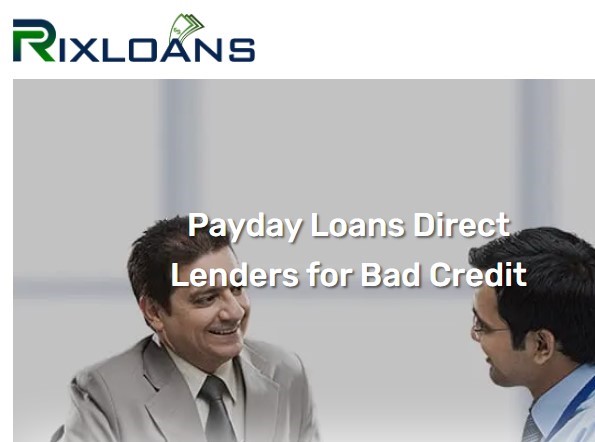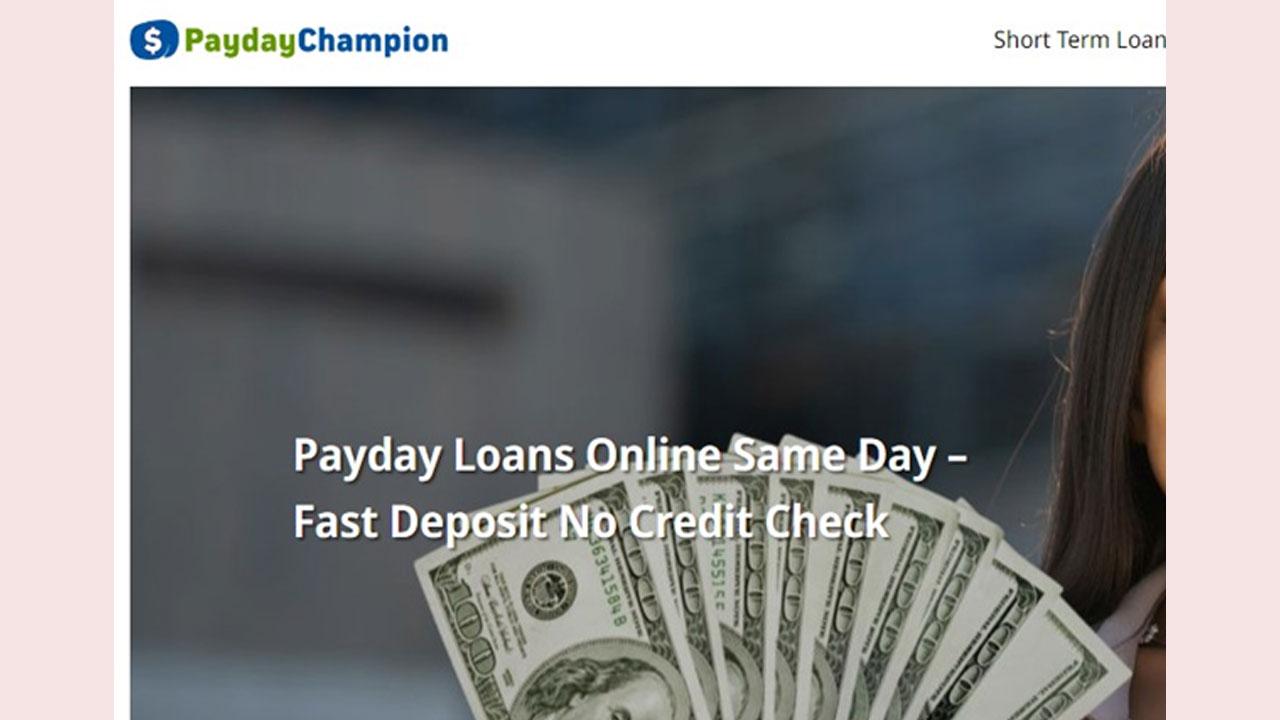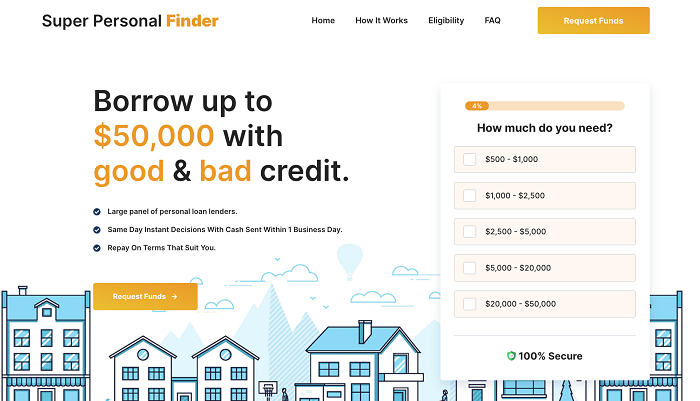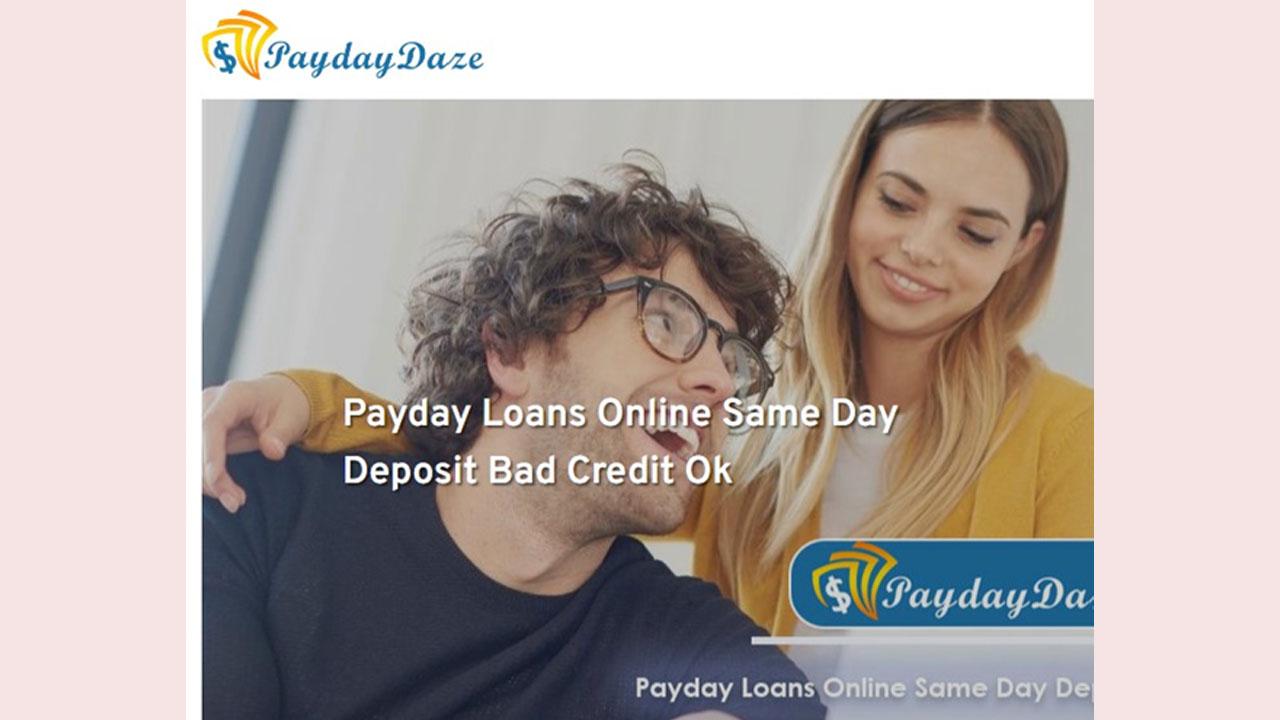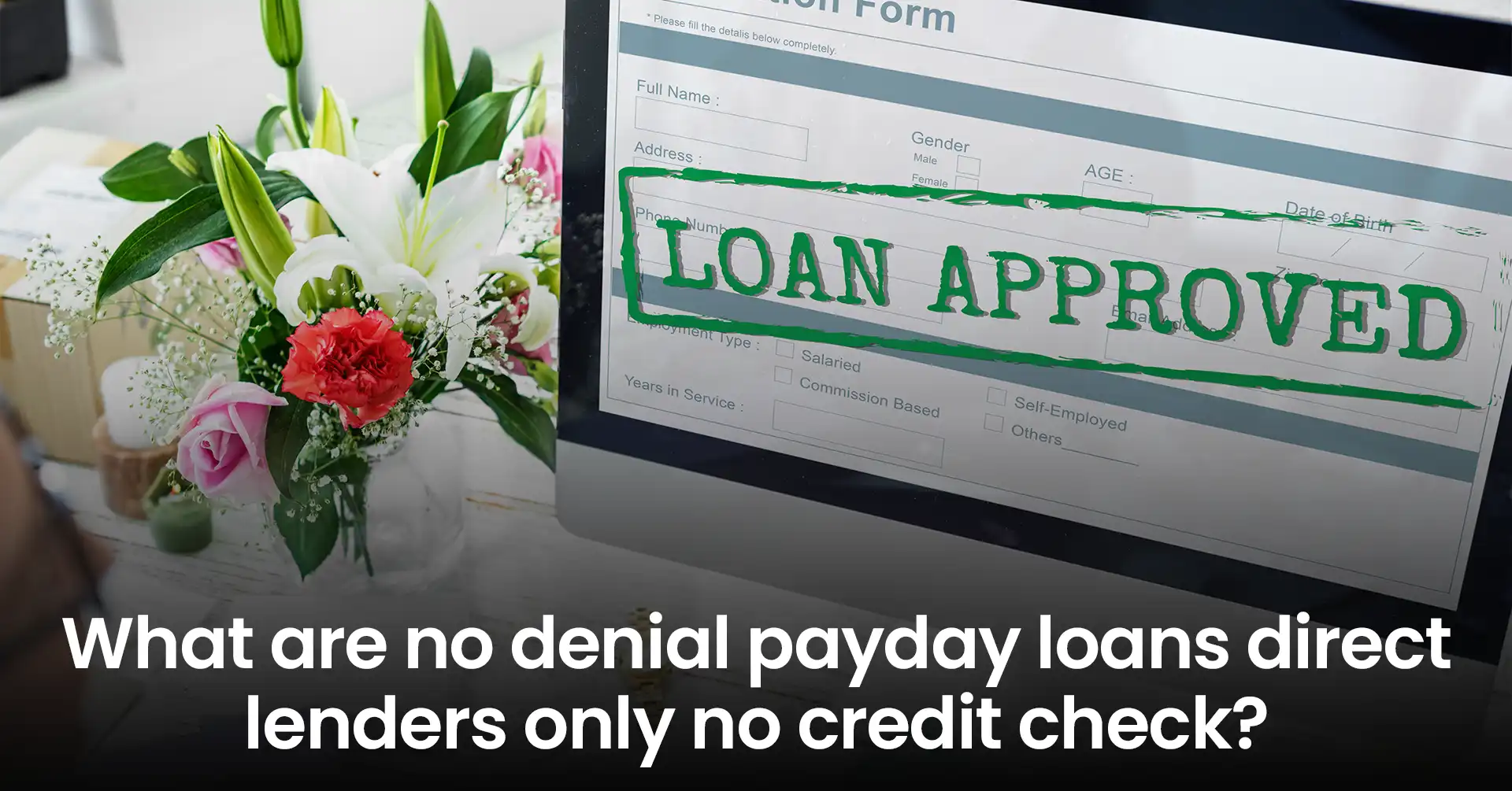Payday Loans Direct Lenders No Credit Check
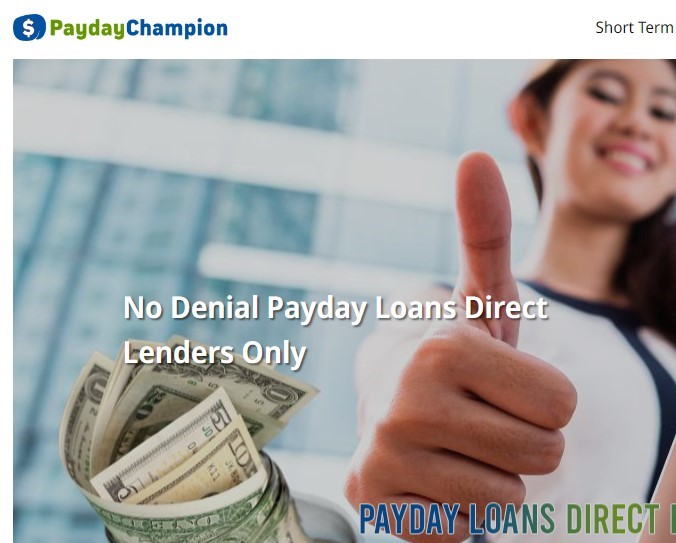
In the evolving landscape of short-term lending, payday loans offered by direct lenders with no credit check are gaining increased attention. These financial products present both potential benefits and significant risks for consumers.
This article aims to provide a balanced overview of these loans. We will examine their mechanics, associated concerns, and regulatory context.
Understanding Payday Loans with No Credit Check
Payday loans are short-term, high-interest loans typically designed to be repaid on the borrower's next payday. Direct lenders are companies that provide loans directly to consumers, bypassing intermediaries.
The absence of a credit check is a key feature, meaning lenders do not assess a borrower's credit history through traditional credit bureaus. Instead, they often rely on proof of income and other factors to determine loan approval.
This accessibility makes them attractive to individuals with poor or limited credit histories.
The Mechanics of the Loan
The process typically involves an online or in-person application. Borrowers provide personal information, proof of income, and banking details.
If approved, the loan amount, along with fees and interest, is deposited into the borrower's account. On the designated due date, the lender automatically withdraws the repayment amount from the same account.
The speed of access to funds is often touted as a major advantage.
Concerns and Criticisms
Despite their accessibility, payday loans with no credit check face considerable criticism. The primary concern revolves around the high interest rates and fees associated with these loans.
The Center for Responsible Lending, a non-profit research and policy organization, highlights the potential for a debt trap. Borrowers may find themselves unable to repay the loan on time, leading to rollovers and accumulating debt.
These rollovers incur additional fees and interest, exacerbating the financial burden. The organization advocates for stronger consumer protections and stricter regulations.
The Cost of Convenience
The no credit check aspect, while appealing, masks an underlying risk. Without a credit assessment, lenders may not accurately gauge a borrower's ability to repay the loan.
This can lead to borrowers taking on debt they cannot afford. The consequences can include overdraft fees, bank account closures, and damaged credit, even if the loan itself isn't reported to credit bureaus.
The lack of reporting to credit bureaus, while shielding borrowers from further credit score damage if they default, also means these loans do not contribute to building or rebuilding credit.
Regulatory Landscape
The regulation of payday loans varies significantly by state. Some states have outright banned payday loans, while others have implemented interest rate caps and other consumer protections.
The Consumer Financial Protection Bureau (CFPB) has also played a role in regulating the industry. The CFPB has issued rules aimed at preventing debt traps and protecting consumers from predatory lending practices.
However, the regulatory landscape continues to evolve, with ongoing debates about the appropriate level of oversight.
State-Level Variations
States like New York and Massachusetts have strict usury laws that effectively prohibit payday loans. Other states, such as Texas and Ohio, allow payday lending but with certain restrictions on loan amounts and terms.
The patchwork of state regulations creates a complex environment for both lenders and borrowers. Consumers should be aware of the specific laws in their state before taking out a payday loan.
Resources like the National Conference of State Legislatures provide information on state payday lending laws.
Potential Impact and Alternatives
The widespread availability of payday loans with no credit check can have significant societal implications. While they may provide temporary relief for individuals facing financial emergencies, they can also contribute to cycles of debt.
Alternatives to payday loans include personal loans from banks or credit unions, credit card cash advances, and borrowing from friends or family. Credit counseling services can also provide assistance with managing debt and exploring alternative options.
The best approach involves careful budgeting and financial planning to avoid the need for such high-cost loans in the first place.
A Personal Story (Hypothetical)
Maria, a single mother working a low-wage job, faced an unexpected car repair bill. Unable to secure a traditional loan, she turned to a payday loan with no credit check.
While the loan helped her get her car repaired, the high interest rate made it difficult to repay. She eventually had to take out another loan to cover the initial debt, falling into a cycle of debt. This highlights the potential dangers of relying on these loans as a long-term solution.
Maria's story is a reminder of the need for caution and exploration of alternative financial solutions.
Conclusion
Payday loans offered by direct lenders with no credit check present a complex financial landscape. While they offer quick access to funds for individuals with limited options, they also carry significant risks due to high interest rates and the potential for debt traps.
Consumers should carefully weigh the pros and cons before taking out such a loan, explore all available alternatives, and be aware of the regulatory environment in their state.
Informed decision-making and responsible borrowing practices are crucial to mitigating the potential harms associated with these financial products.


